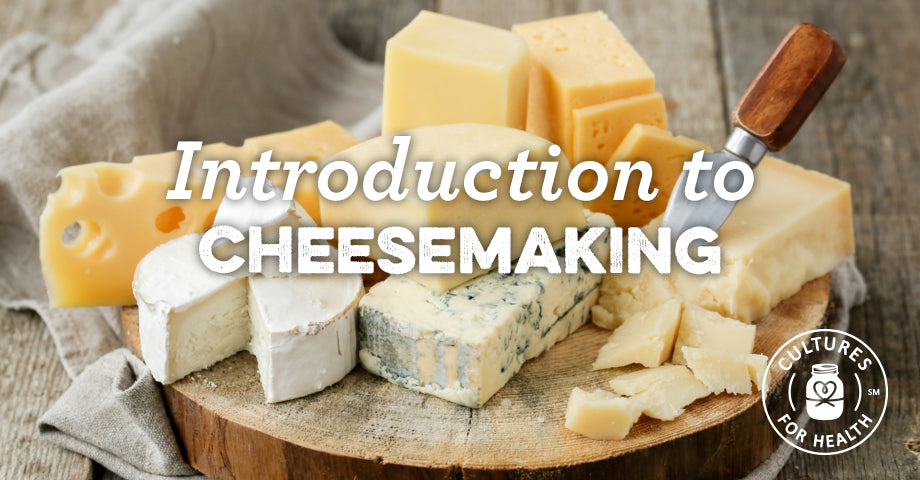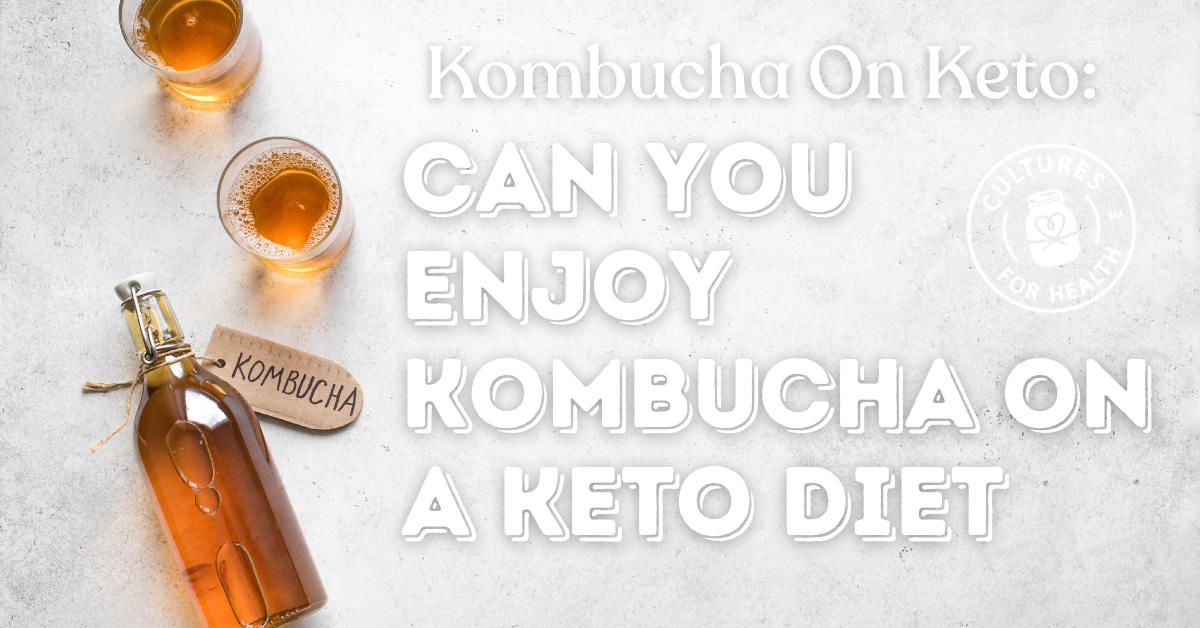
WHAT IS CHEESE?
Cheese is a preserved form of milk made by the coagulation, draining or pressing, and salting of the milk proteins and fats. It is popular for its versatility, longevity, portability, and nutritional value. Cheese is a stable food with a longer shelf life than milk, and it is an affordable food for any budget. There are numerous styles, shapes, tastes, and textures of cheese, all developed in different regions, climates, and cultures of the world.
WHERE DID CHEESEMAKING BEGIN?
The tradition of cheesemaking dates back quite far. It is an ancient practice pictured in the murals of the Egyptian tombs and described in Homer’s Odyssey, from the 8th Century, BCE.
In the early days, animal skins and internal organs were used as containers, so it is likely that someone filled an inflated animal stomach with milk to carry or store for a time. The lining of the animal’s stomach provided the enzymes necessary to coagulate the curds and separate them from the whey. At some point, the curds and whey were discovered. Draining and salt is all that was needed to make this new, exciting food into what we know as cheese today.
WHY IS MAKING CHEESE AT HOME BETTER?
There are countless reasons to make homemade cheese!
Cheese is a very popular food that can be found on the shelves of any grocery store, though the cheese found in the dairy section is often a highly processed food containing additives and preservatives.
In contrast, your homemade cheese can be free of all of the colorings and chemical stabilizers used to make cheese more attractive and stable for store shelves. Your homemade cheese will be better-tasting, more alive, and more versatile than any commercially processed cheese.
Homemade cheese may be an option for individuals with lactose intolerance. A large amount of the naturally occurring lactose in milk is consumed and transformed by live bacteria into more easily digestible lactic acid during cheese making.*
HOW DIFFICULT IS MAKING HOMEMADE CHEESE?
Not at all! While you may encounter challenges when you try something new, as a whole, cheesemaking is a very rewarding and simple process. The most basic cheeses require only a few ingredients and tools. Basic cheesemaking is surprisingly forgiving, and most cheesemaking failures are still edible. So enjoy whatever cheese you create and make adjustments on the next attempt.
Making your own cheese will not only be healthier and more nourishing to your family, but the world of cheesemaking is so wide and diverse, you may find yourself with a new and very addicting hobby.
- Consult your health care practitioner before eating cheese if you have concerns about lactose intolerance.















